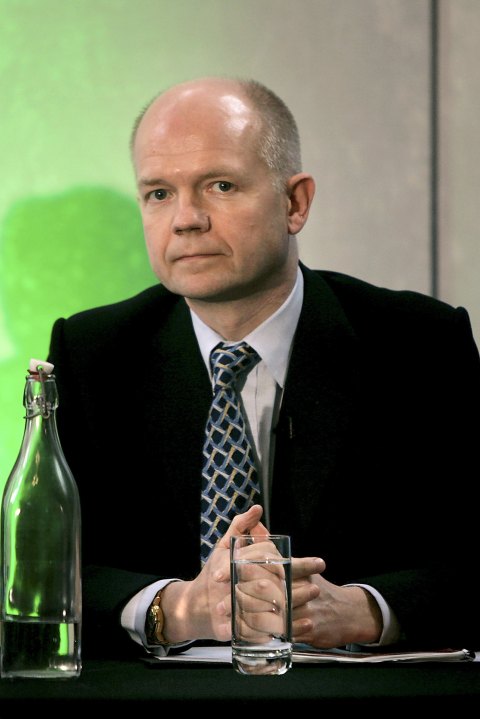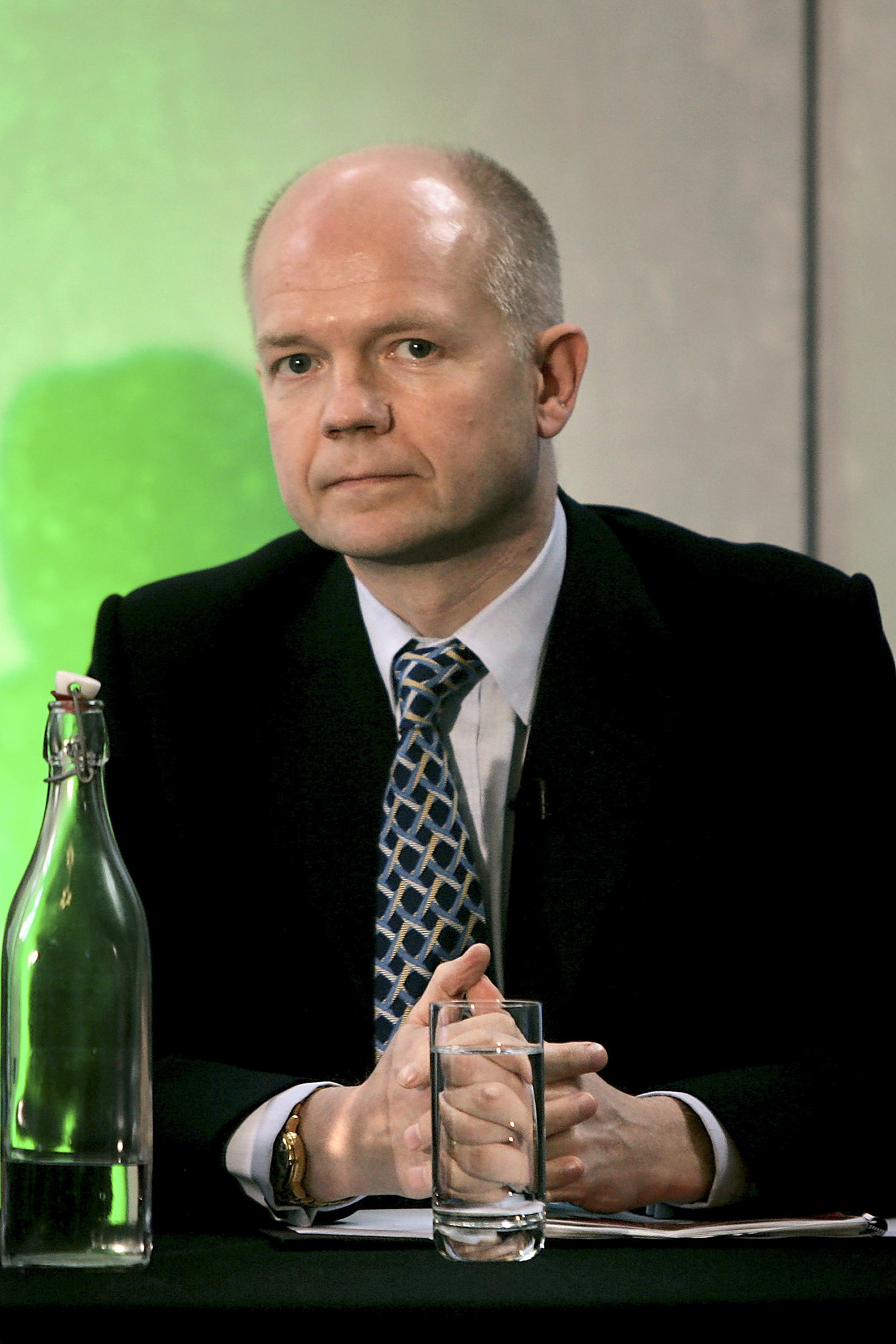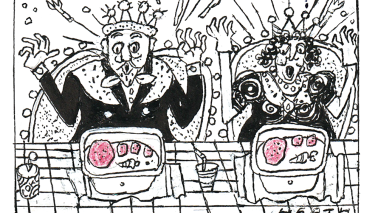 William Hague delivered a masterful speech on “The Conservative agenda for Europe”, at Policy Exchange today. In short, it’s the definitive statement of why Britain deserves a referendum on the Lisbon Treaty, although it skips around many of the key questions. I’ve identified some of the best bits below, but the whole transcript’s well worth reading (when, that is, it becomes available on the Tory website).
William Hague delivered a masterful speech on “The Conservative agenda for Europe”, at Policy Exchange today. In short, it’s the definitive statement of why Britain deserves a referendum on the Lisbon Treaty, although it skips around many of the key questions. I’ve identified some of the best bits below, but the whole transcript’s well worth reading (when, that is, it becomes available on the Tory website).
First, there’s an incisive attack on the Government’s failure to call a referendum on the Lisbon Treaty:
“It is a puzzle why the most enthusiastic proponents of deeper European integration in this country are a referendum’s fiercest opponents. If this Treaty is such a good thing for Britain, if the new powers it gives the EU and the new institutions it establishes are so vital for our future, why do they not want it to have the firmest possible democratic mandate? If its benefits are so obvious, why do they fear that they would lose the argument in a referendum campaign? In the debates in the Commons we have heard ministers extolling how it will allow the EU to do more to combat crime and promote energy liberalisation and the Single Market. The Conservative Party believes, with good reason, that they are wrong. But nevertheless, if they are confident of their reasons why do they think they cannot convince the British public of their case? And if the Treaty is of such a nature that the British public could not be convinced of its benefits, why do ministers support it?”
And he smartly links the lack of a referendum to the issue of trust in politics and politicians more generally. It’s further damage containment post-Conway, and an effort to make the Tories the trustworthy party:
“In fact, the refusal to hold the promised referendum on this Treaty will do the exact opposite of what its opponents hope for. It will not help the Labour Government. Trust in politics is at a low ebb now for all too many reasons but a chief reason is this Government’s persistent failure to do what it says it will do. The failure to keep manifesto promises is an important part of that, as Gordon Brown has acknowledged. Just before he became Prime Minister he said: ‘the manifesto is what we put to the public. We’ve got to honour that manifesto. That is an issue of trust for me with the electorate’. By failing to honour his commitment to a referendum he has ensured that those words will come back to haunt him. Trust in his Government’s word has been fatally undermined.”
He rightly questions the way the Treaty is being presented and debated:
“…just one day was given to the huge changes and transfers of power in justice and home affairs – six hours to consider in detail the new common asylum and immigration policies and powers on visas, the extension of the European Court of Justice’s full jurisdiction to criminal justice and policing co-operation, new rights to makes laws on the definition and penalties of crimes, on criminal procedure and evidence, new powers on civil justice and new powers for Europol and Eurojust, including the right to initiate investigations and the establishment of a European Public Prosecutor.
All this had just six hours of debate. If these had been domestic measures almost any one of them would have merited a bill in itself. The Government said that there would be line by line scrutiny of the bill, but on that day Parliament had, on a rough estimate, 45 second a line, with the inevitable consequence that it was barely able to examine at all the new common asylum and immigration policies with their concomitant provisions.”
And sets out some of the dangers of ratifying the treaty, as well as the benefits of refusing it:
“No student of politics can be in any doubt that, like a child with a new toy, if a political institution is given new roles and powers it will be dead set on using them as soon as possible. So it is all too likely that if this Treaty comes into force we would see European institutions pouring their energy not into the hard grind of making our economies more competitive but in exploring how far and to what ends their new competences in these areas might reach…
…Far from allowing us all to move on to the real issues of substance this Treaty would do the opposite. A ‘no’ vote would not mean that Britain had turned its back on Europe, it would be a vote for a more modern and flexible Europe – not the outdated top-down, one-seize fits all structure but one that takes into account Member States’ differing goals and outlooks. It would create the freedom and space for the EU to move to consider a more up to date agenda.
So not only would it be an opportunity for Europe to think again, put institutional questions to one side and get on with the work our voters want us to focus on. It would make unavoidable the realisation that ever deeper political integration is not something every EU Member State wants. Every test of public opinion shows that the great majority of British people do not want the EU to receive more power. If the British people were able to make that view clear in a referendum it would force even Gordon Brown to think of our European policy not as just a damage limitation exercise but in terms of the need for a strategic British vision for Europe, one that, as Tony Blair’s former economic adviser testified, was lacking from the start of the Constitutional negotiations.”
Continuing this out-datedness theme, there’s great quote that the Treaty is “more redolent of Delors than Google”. It’s stirring stuff. When Hague’s on the top of his game (as he is here) there are few to match him. But it still doesn’t directly answer some of the key questions being asked of the Tories – (should they win the next election) will they offer a referendum? Will they pull out of the Treaty? etc. etc. The longer this uncertainty goes on, the more likely it is that Hague’s efforts – however eloquent – may be confused for mere political opportunism.







Comments